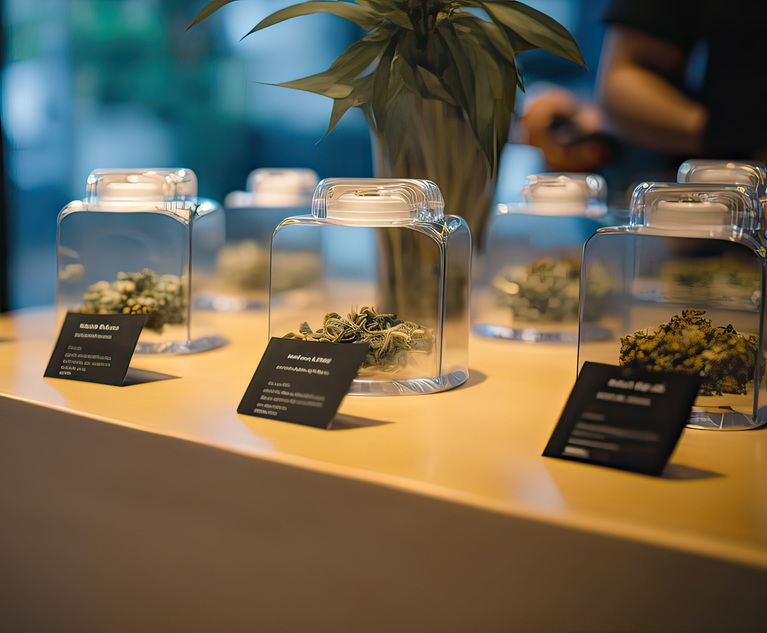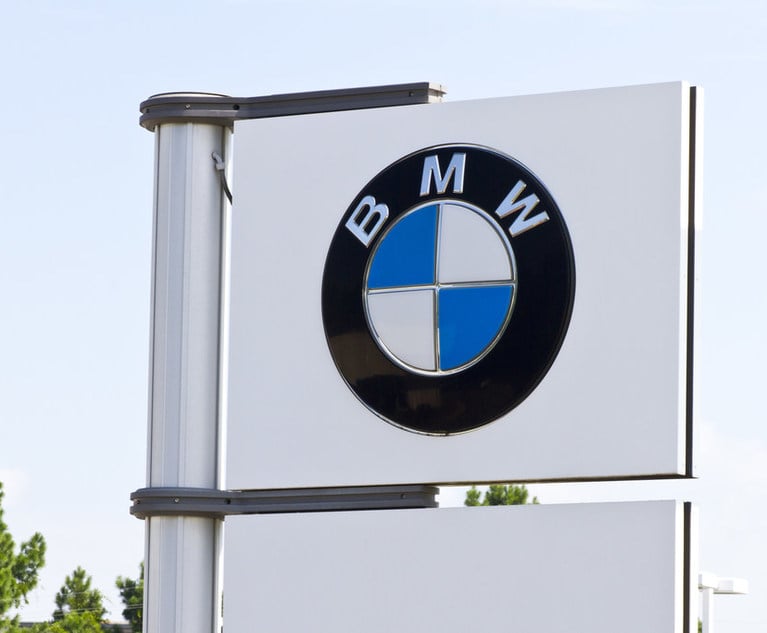Everyone always wants the best product of anything they purchase. They want the best car, best suit, best wine … best cannabis product. However, as cannabis is a “new” product with a myriad of licensing hurdles, even those who may have the best product aren’t always finding the easiest path towards bringing their wares to market. These obstacles with obtaining a license can be problematic because the ongoing difficulty with licensing and ability to offer consumers a legitimate avenue to safely-made cannabis products opens the door to litigation throughout the state. Products liability litigation impacts every entity along the supply chain, from retailer to manufacturer. Without verified products sold by licensed entities, consumers will likely turn to the black market, whether that is a convenience store illegally selling product or fly-by-night companies.
Last month, NJ.com noted that the New Jersey Cannabis Regulatory Commission approved more than 100 licenses and cited municipal approvals, lack of site control and access to finances as the largest delay factors in expanding the legal cannabis marketplace. Before applicants receive full licensure by the commission, they have to gain the approval of a municipality, which usually involves them having to lobby their city council, a process that can be rife with local politics and maneuvering. That sounds great, except when you realize that these licenses that were approved don’t necessarily mean that stores are operating. As of April 2023, New Jersey had 24 recreational dispensaries according to New Jersey Monitor. However, drive through the state and you’ll likely find cannabis products at a number of different stores, not just a legal dispensary. What’s the danger if you purchased a pack of gummies from a non-licensed retailer?


 Credit: pixardi/Adobe Stock
Credit: pixardi/Adobe Stock




